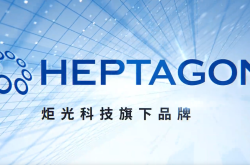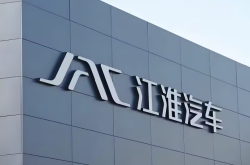Another 'Sweeping Monk'-esque Player Steps into Car-Making Arena, Taking on Bugatti Veyron Head-to-Head
![]() 09/05 2025
09/05 2025
![]() 487
487
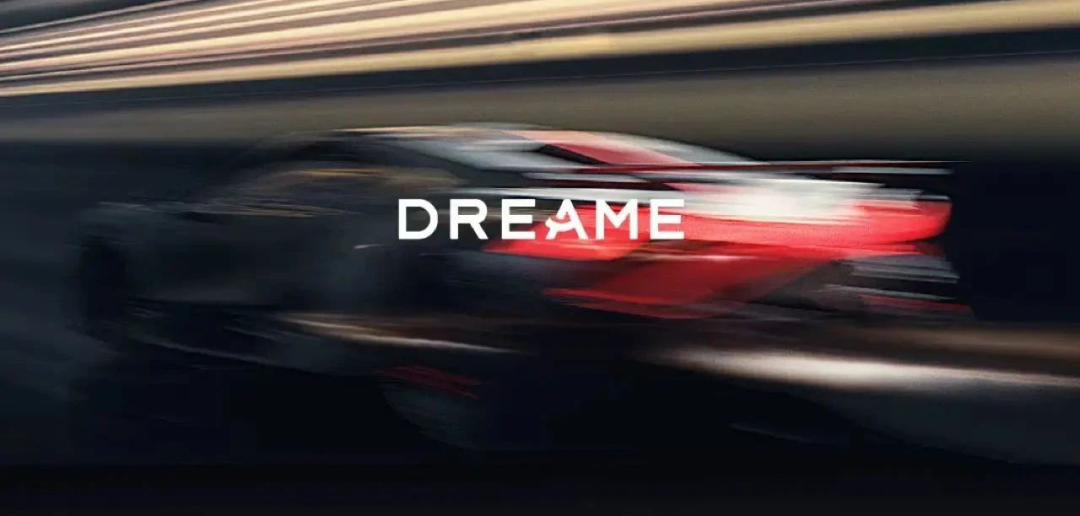
Crafting the World's Speediest Automobile
Author|Wang Lei
Editor|Qin Zhangyong
Another robotic vacuum cleaner manufacturer is boldly stepping into the realm of car manufacturing.
Dreame, a company that gained fame through its robotic vacuum cleaners, has just made a significant announcement on its official account about its foray into the car manufacturing sector.
And this isn't just any run-of-the-mill car; it's setting its sights on directly competing with the legendary Bugatti Veyron.
The objective is crystal clear: leveraging its cutting-edge super motors, it aims to claim the title of the world's fastest car.
The new car is slated to make its debut in 2027, and the automotive project has already amassed a team of nearly a thousand professionals dedicated to car manufacturing.
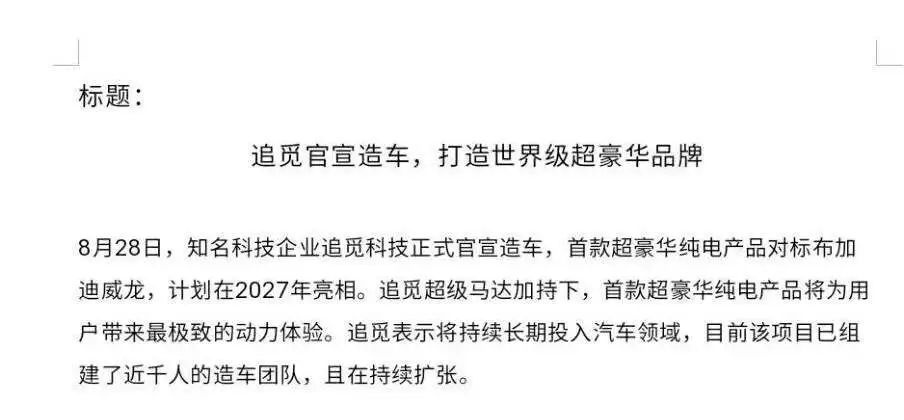
Dreame's move into car manufacturing shouldn't come as a shock. Another robotic vacuum cleaner company, Roborock Technology, has already beaten it to the punch with its Jishi Automobile.
However, Jishi Automobile's post-launch performance has been less than stellar, with average monthly sales hovering just above two thousand units. The latest figures reveal that only 1,316 units were sold in July.
Cross-border car manufacturing isn't exactly a novelty. What everyone is truly eager to know is whether these companies can not only survive but also thrive in this highly competitive market.
01
Potential Initial ODM (Original Design Manufacturer) Approach
How exactly will Dreame manufacture its cars? Clues are already emerging.
In its detailed announcement, Dreame stated, 'This is not a hasty decision, nor is it a fleeting trend we're chasing,' indicating that its entry into the market is a well-thought-out move.
According to Dreame, it had its first car manufacturing plan in 2013, but it waited until 12 years later to officially announce its car manufacturing venture.
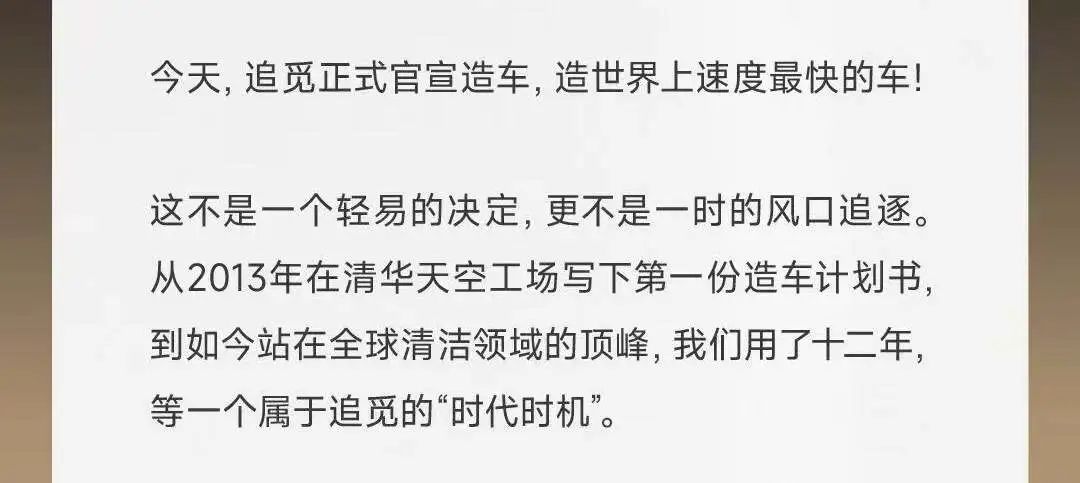
It's worth noting that Dreame Technology was only established in 2017, with its roots tracing back to the 'Sky Workshop' mentioned in its announcement, which was founded by its founder Yu Hao at Tsinghua University. Does this imply that when Yu Hao first embarked on his entrepreneurial journey, he might have initially set his sights on car manufacturing rather than robotic vacuum cleaners?
Last year, it was reported that in 2021, when Xiaomi unveiled its car manufacturing plans, Dreame quietly initiated its own car project the same year, assembling a dedicated team of over 200 people for the endeavor. Its first model is positioned as an extended-range SUV, with mass production and launch expected in 2027. It also began recruiting automotive engineers on relevant platforms, covering areas such as chassis electronic control, suspension systems, and steering systems.
It wasn't until January of this year that Dreame's main car manufacturing entity, 'Starry Sky Plan (Shanghai) Automotive Technology Co., Ltd.,' was officially registered and established. The factory is planned to be located in the Lingang New Area of Shanghai, adjacent to the production bases of Tesla and CATL.
It is indirectly 80% owned by Sky Unlimited Intelligent Technology (Suzhou) Co., Ltd., which is, in turn, wholly owned by Sky Soaring Technology (Shanghai) Co., Ltd., the latter being fully owned by Dreame Technology's founder and CEO, Yu Hao.
It's crucial to highlight the following statement from the official announcement:
'We are not adventurers starting from scratch but are standing on the shoulders of giants in Chinese manufacturing. Countless Chinese companies have invested a decade of blood, sweat, and tears to forge the world's most mature electric vehicle supply chain and technological ecosystem. Our aim is to embark on a journey of 'global optimization': utilizing the right products, strategies, and timing to propel Chinese smart manufacturing to the high-end market worldwide.'
In simpler terms, Dreame is unlikely to start entirely from scratch in the initial stages but will leverage the mature domestic supply chain ecosystem to create its own car models—in other words, relying on ODM manufacturing.
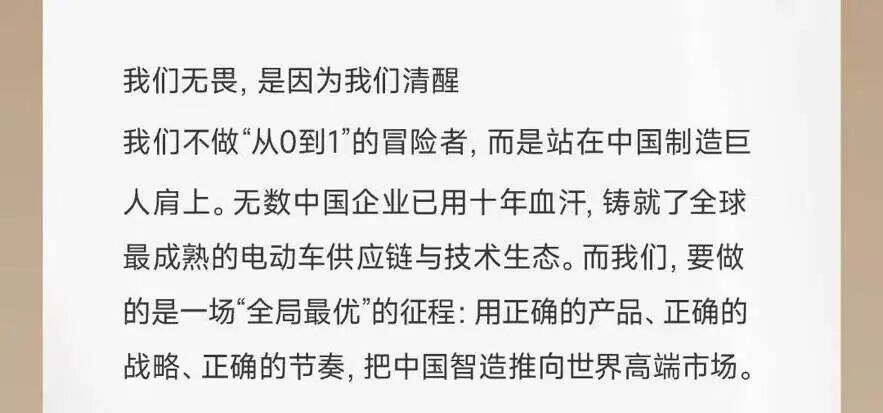
In fact, shortly after the establishment of Dreame's main car manufacturing entity, Starry Sky Plan (Shanghai) Automotive Technology Co., Ltd., there were already reports on this point. During a monthly meeting, founder Yu Hao proposed the 'Left Hand, Right Hand Model' strategy, where the 'left hand' represents ODM business and the 'right hand' represents self-developed car projects. He hopes to use the 'left hand' business to support and fuel the growth of the 'right hand' business.
Moreover, Dreame's robotic vacuum cleaner business began by manufacturing for Xiaomi and gradually developed its own brand. Now, its car manufacturing business seems to be following a similar path.
02
Close Ties with Xiaomi
Among the current crop of cross-border car manufacturers, Xiaomi is arguably the most successful, and Dreame has significant connections with Xiaomi.
Founded in 2017, Dreame Technology was selected as a Xiaomi Ecosystem company the same year, initially manufacturing vacuum cleaners and Mi Robotic Vacuum Cleaners for Xiaomi.
After expanding its business, Dreame Technology has launched four major product categories under its own brand: robotic vacuum cleaners, wireless vacuum cleaners, smart mops, and high-speed hair dryers, with products available in over 120 countries and regions.
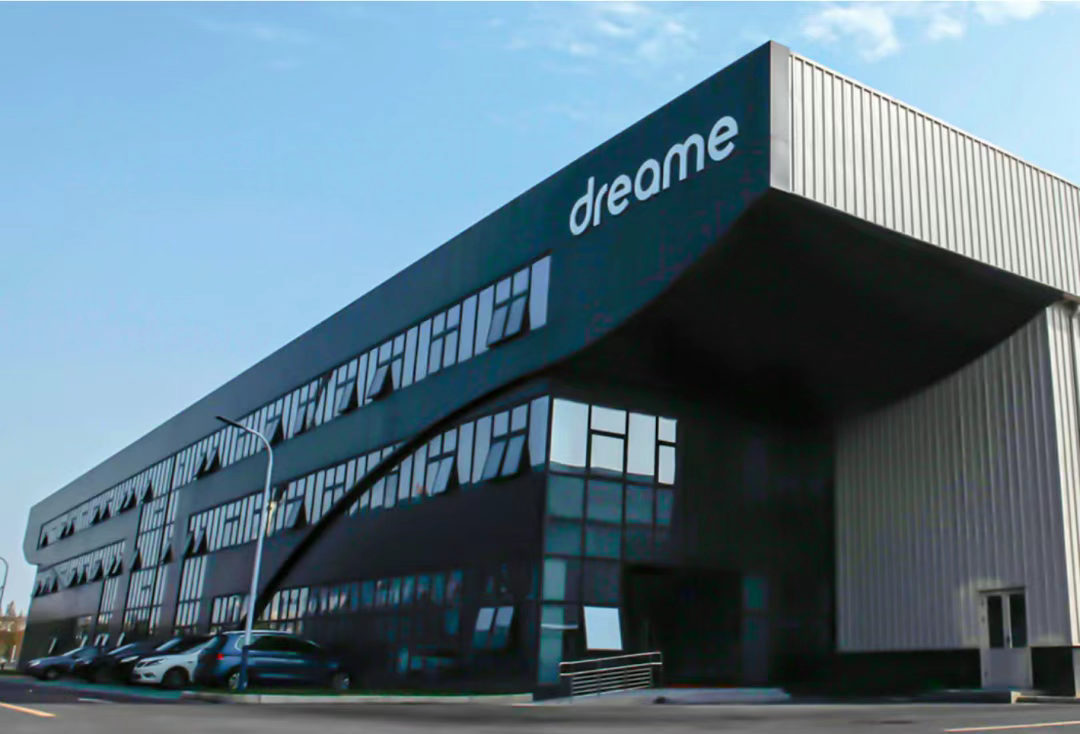
In 2024, Dreame not only secured the top spot in China's online cleaning appliance market share with a 16.2% share but also ranked first in market share for robotic vacuum cleaners and mops in countries such as Germany, France, Poland, Singapore, and Malaysia.
In 2018, Xiaomi Group led the angel round investment in Dreame Technology, and both Xiaomi and Shunwei Capital appeared in the subsequent four rounds of financing.
It's worth mentioning that just a few days before officially announcing its car manufacturing business, Dreame also announced its expansion into the drone business, launching two new sectors in a span of just four days.
In fact, the expansion into the drone business isn't surprising, considering that its founder, Yu Hao, is not only the founder of China's earliest maker space, the 'Sky Workshop,' but also one of China's earliest developers of quadcopter and tricopter aircraft. At the age of 18, he was admitted to Tsinghua University with honors in a physics Olympiad competition, majoring in aerospace engineering with a focus on aircraft development, and even received sponsorship from Boeing.
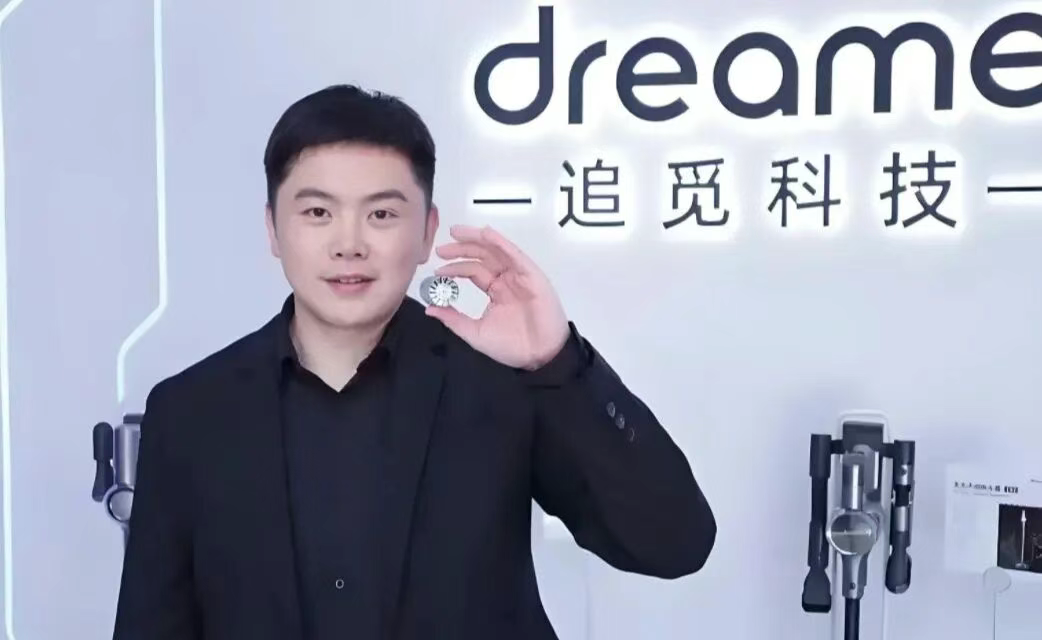
Entering the drone market isn't surprising; what is surprising is its entry into car manufacturing.
After all, in many people's eyes, Xiaomi's entry has already seemed to close the door on the 'Chinese car manufacturing game,' with Lei Jun securing what was perceived as the last car manufacturing qualification. How Dreame plans to manufacture cars remains a lingering question.
Additionally, there's the financial threshold to consider. As everyone knows, car manufacturing is an extremely capital-intensive industry. Just a few days ago, He Xiaopeng mentioned in a conversation with Luo Yonghao that future car companies would need an annual investment of 50 billion yuan to maintain long-term competitiveness.
According to Dreame's performance data, its revenue in the past two years has been around 20 billion yuan. How to address funding remains a major hurdle.
Of course, Dreame also has its advantages, including a large global user base, extensive distribution channels, rich supply chain management experience, and, most importantly, unique motor R&D expertise. However, these are not the fundamental reasons for Dreame's long-term sustainability in car manufacturing.
As for what kind of product Dreame will create and whether it can persist until the end, only time will tell.

